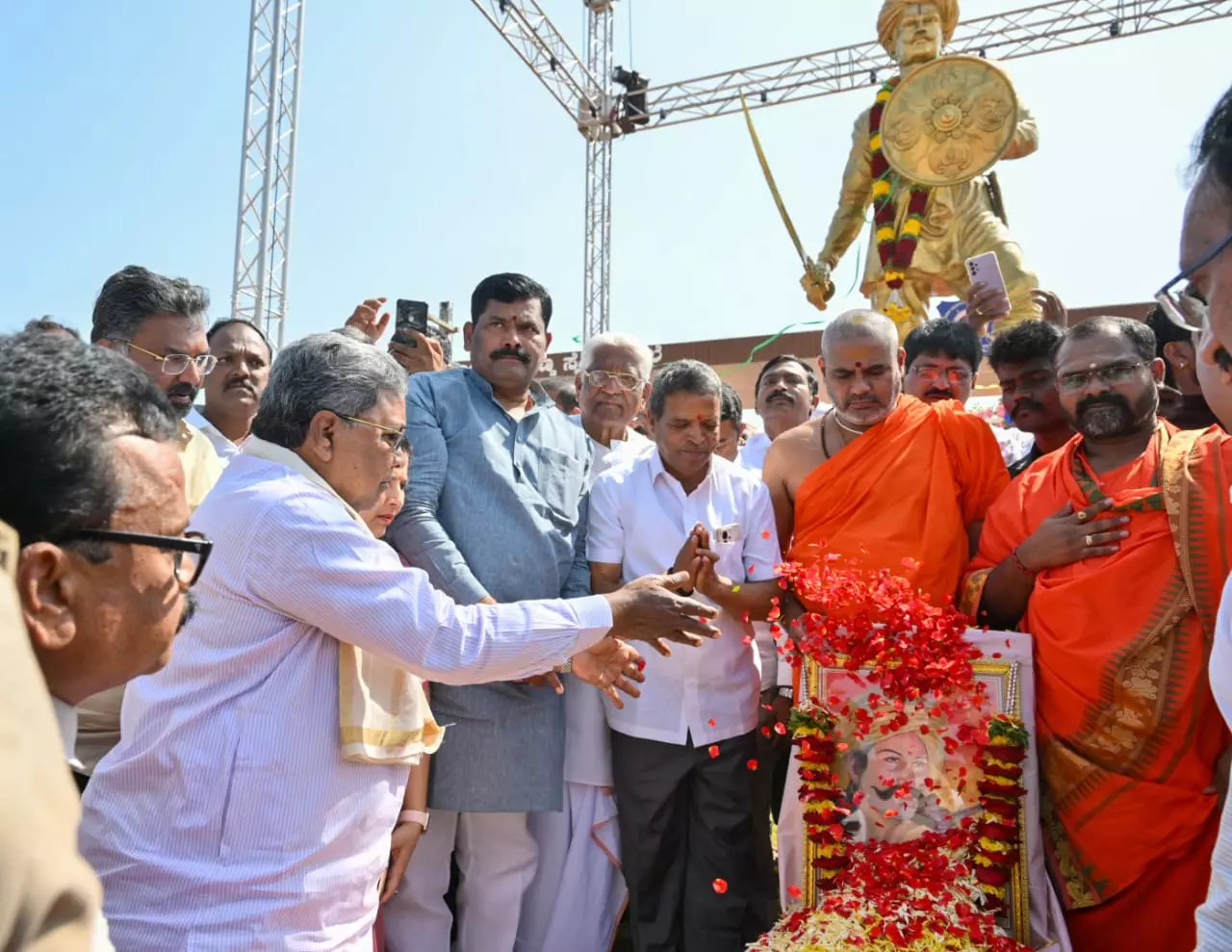Assam Chief Minister Himanta Biswa Sarma stirred controversy on Tuesday by announcing the Bharatiya Janata Party’s (BJP) ambitious plans to construct the Krishna Janmbhoomi temple in Mathura and the Kashi Vishwanath temple in place of the Gyanvapi Mosque in Varanasi, should the party secure 400 seats in the ongoing Lok Sabha elections. Speaking at a rally in Delhi’s Laxmi Nagar, Sarma drew parallels to the BJP’s construction of the Ram Janmabhoomi temple in Ayodhya after securing 300 seats in the Lok Sabha.
Sarma’s remarks ignited a political firestorm, with critics questioning the BJP’s electoral mandate as a prerequisite for such monumental construction projects. Defending the party’s agenda, Sarma accused the Congress of neglecting critical issues like Pakistan-occupied Kashmir (PoK) during its tenure, asserting that under Prime Minister Narendra Modi’s leadership, PoK would be integrated into India.
Echoing BJP’s ideological stance, Sarma advocated for a Uniform Civil Code (UCC) in the country, emphasizing the need for equality among citizens. He questioned the disparity in marital laws across religions and condemned the Congress for allegedly favoring religion-based reservations. In a scathing rebuke, Sarma accused the Congress of diluting the Constitution, challenging its commitment to secularism by highlighting the absence of the term “secularism” in the original draft of the Constitution.
Sarma’s rhetoric underscores the BJP’s fervent campaign to assert Hindu nationalist ideals and consolidate its political base ahead of crucial elections. However, his provocative statements have reignited debates over the BJP’s agenda, sparking concerns about religious polarization and the erosion of secular principles in Indian governance.
As Sarma continues to champion the BJP’s agenda on national platforms, his remarks serve as a rallying cry for the party faithful while galvanizing opposition voices, setting the stage for heightened political confrontation in the run-up to the Lok Sabha elections.






